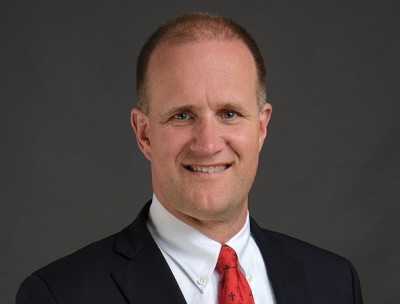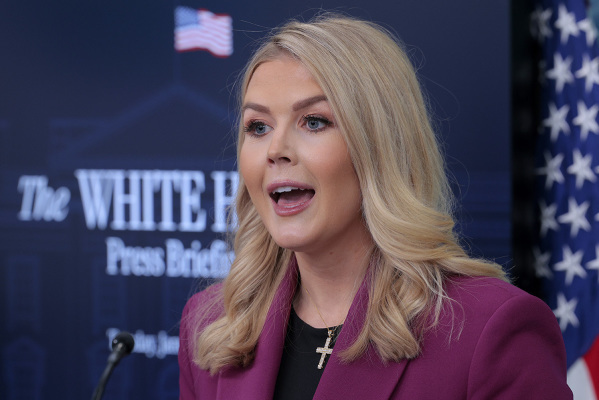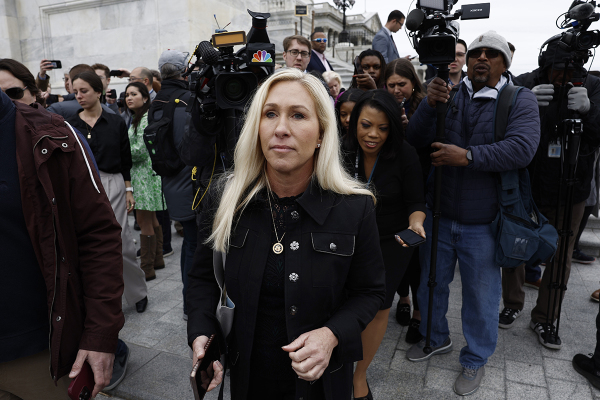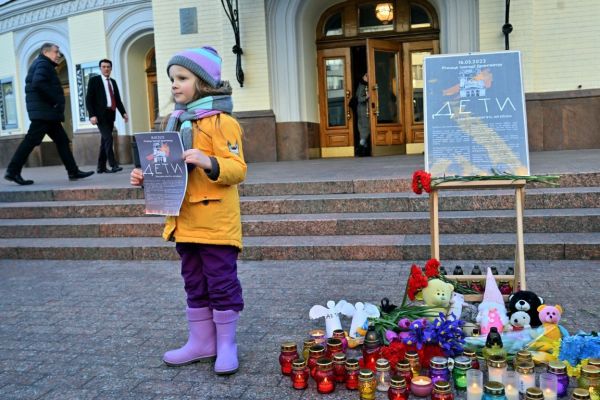The ancient biblical ideas that can help heal America now
While everyone in America seems to be looking exclusively to politics to heal us, I think there’s hope for us in a source far more powerful, faith.

Take, for instance, an ancient piece of advice embedded in the Hebrew scriptures, “know that the Lord is God; he made us and we belong to him.” (Psalm 100:3, ERV)
You might have missed a powerful word if you read the verse too quickly, “we belongto him.”
Many people feel lost, but the truth of this verse offers us hope. Since March, there has been a considerable rise in those Americans dealing with mental health challenges brought upon by the Covid-19 pandemic. One study found the prevalence of depression symptoms has increased three-fold during Covid-19. Another found that more than half of adults aged 50 or older say they feel isolated – doubling a 2018 poll. A third report indicates suicides among active duty U.S. Army members have increased.
The truth is that our nation is not only facing a global pandemic and a raucous presidential election, but also a loneliness epidemic that is crushing spirits and driving many into social and emotional isolation. The emotional toll has certainly given oxygen to everything else that divides us.
The vaccine for Covid-19 may be forthcoming, but that won’t cure our loneliness epidemic; we also need to recover our sense of belonging, and it begins with remembering that every single one of us has the blessing of having in our heart the same divine spark. We are made in the very image of God, and we belong to him.
This is our common heritage – a heritage that powerfully transcends those characteristics that make our nation and our faith so beautifully diverse: our cultures, genders, races, ethnicities, and backgrounds. It’s time to return to this transcendent and unifying principle as a basis to understand what also makes us uniquely and spectacularly different from one another.
We are first one people — God’s people.
This sense of belonging to God naturally leads us to see each other as brothers and sisters, embedding inside of us a deep desire to be out of many, one.
Jesus must have had this in his mind when he said to His disciples, “A new command I give you: love one another. As I have loved you, so you must love one another.” (John 13:34) It was there, too, when the ministry of the Apostles began with a multicultural, multilingual revival that was fixed first on our common need for God’s grace.
Acknowledging our need of God’s help naturally leads us to remember our responsibility to give help to one another as God’s children. Grace creates a safe place to belong even while we’re working through the broken parts of a broken world.
Imagine if people of faith started to reach out and to draw in those who are left out, or kept out, or locked out? If we chose to love our neighbors again?
And, by “love,” I’m not speaking of our modern, sometimes-frail concept of love. I’m not speaking of fleeting feelings or a sense of emotional safety. Instead, I mean yet another ancient Biblical idea.
Biblical love is, as the Apostle Paul wrote so elegantly, “patient and kind.”
“Love is not jealous or boastful or proud or rude,” Paul wrote. “It does not demand its own way. It is not irritable, and it keeps no record of being wronged. It does not rejoice about injustice but rejoices whenever the truth wins out. Love never gives up, never loses faith, is always hopeful, and endures through every circumstance.”
The power of these revolutionary concepts led Paul to conclude his poem with these three powerful words: “Love never fails.”
Love won’t fail – it can’t fail – if we love one another like that.
Our communities, our country, and even our world would change profoundly if people of faith chose to live these time-tested ideals. Perhaps, when looking for political solutions, we have sped right past our highest hopes for healing hidden in these ancient truths. Love like this might even be contagious.
Jim Gash is a lawyer and the president of Pepperdine University – one of America’s top 50 universities. Pepperdine, headquartered in Malibu, is a Christian university committed to the highest standards of academic excellence and Christian values, where students are strengthened for lives of purpose, service, and leadership.





















